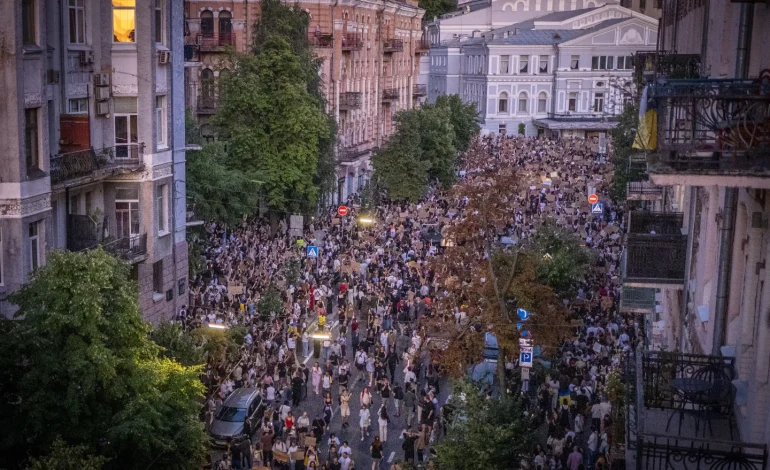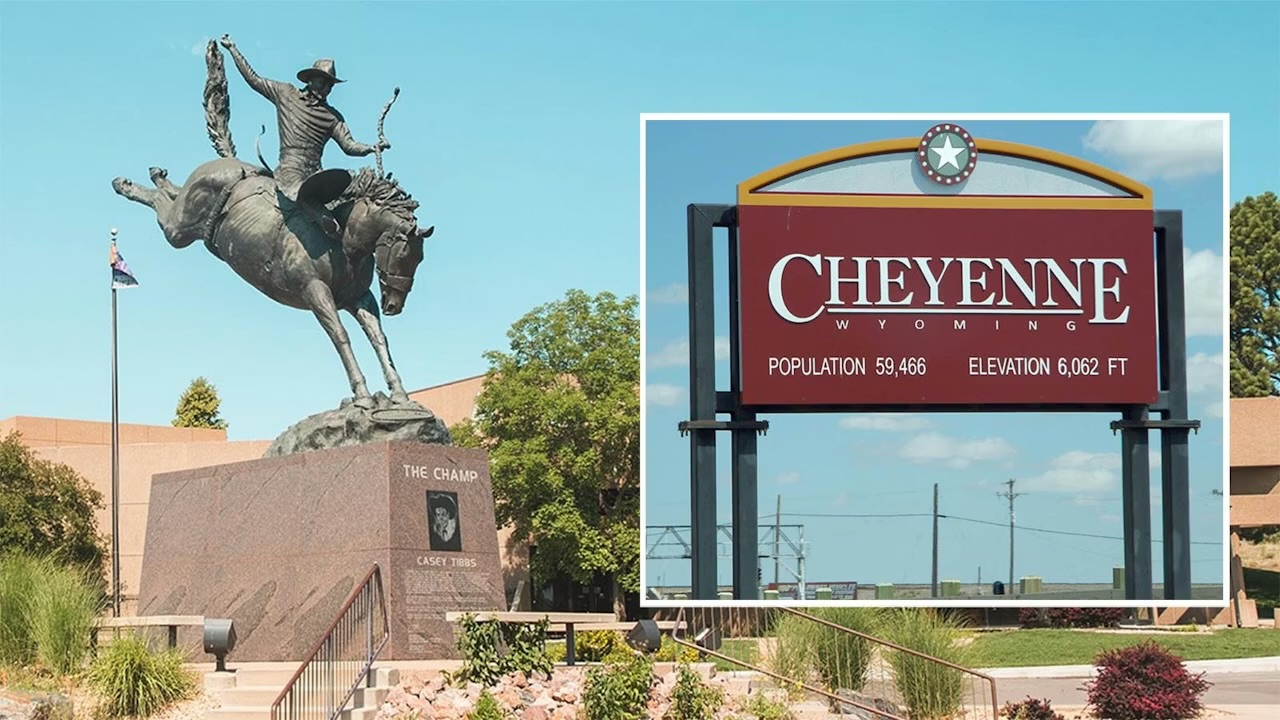Zelensky Under Fire as Ukraine Erupts Over Anti-Corruption Law Critics Call Power Grab

Ukraine is facing its largest wave of anti-government protests since the start of the war over a controversial law that critics say guts the independence of the country’s anti-corruption institutions.
The law, quietly signed by Volodymyr Zelensky earlier this week, tightens executive oversight over two Ukraine’s watchdogs: the National Anti-Corruption Bureau (NABU) and the Specialized Anti-Corruption Prosecutor’s Office (SAPO). While the government insists the move ensures better “coordination,” watchdogs, rights groups, and thousands of Ukrainians on the streets say it’s a dangerous consolidation of power.
“Corruption = Death,” read banners in central Kyiv as protests entered their third consecutive day on Thursday. Rallies also erupted in Lviv, Odesa, and Dnipro, drawing civil society activists, students, and even veterans. Many accuse Zelensky of betraying Ukraine’s controversial reforms under the banner of “European integration.”
A Promise, Not a Repeal
In an attempt to cool public anger, Zelensky addressed the nation Wednesday night, promising to introduce new legislation “strengthening the rule of law” and affirming that “all the norms for the independence of anti-corruption institutions will be in place.”
But crucially, he stopped short of revoking the new law — a detail not lost on critics.
EU Disapproval, Civil Society Alarm
The European Union, which has tied Ukraine’s EU accession process to progress on anti-corruption, expressed alarm at the move. Transparency International warned the law could derail a decade of reforms and damage Kyiv’s credibility with its international backers.
The Financial Times bluntly called it Zelensky’s “biggest political crisis yet,” pointing to the growing perception that his administration is shifting from reformist to authoritarian under the pretext of wartime necessity.
Human rights groups and election observers have also raised concerns over what they see as increasing use of “security threats” to justify the erosion of institutional checks and balances.
Control or Collapse?
Zelensky’s supporters argue that centralized oversight is needed to maintain stability amid war and hybrid threats. But opponents see something darker – a return to selective justice, political interference, and a ruling class no longer bound by the rules it claims to defend.
The new law hands more control over anti-corruption operations to the Prosecutor General’s Office — a body already aligned with the presidential office — sparking fears that high-level investigations could be quietly buried or redirected.
What’s Really at Stake
For Zelensky, who rose to power in 2019 on an anti-corruption platform and the promise to “clean house,” the optics are dire. In the middle of an existential war, his government is being accused of undermining the very values it claims to defend.
And with the EU watching closely, this controversy could spill over into foreign aid, defense cooperation, and the ongoing membership process.
Zelenskyy may have hoped for silence — what he got was a storm.
With input from AP, The Guardian, Financial Times,









The latest news in your social feeds
Subscribe to our social media platforms to stay tuned